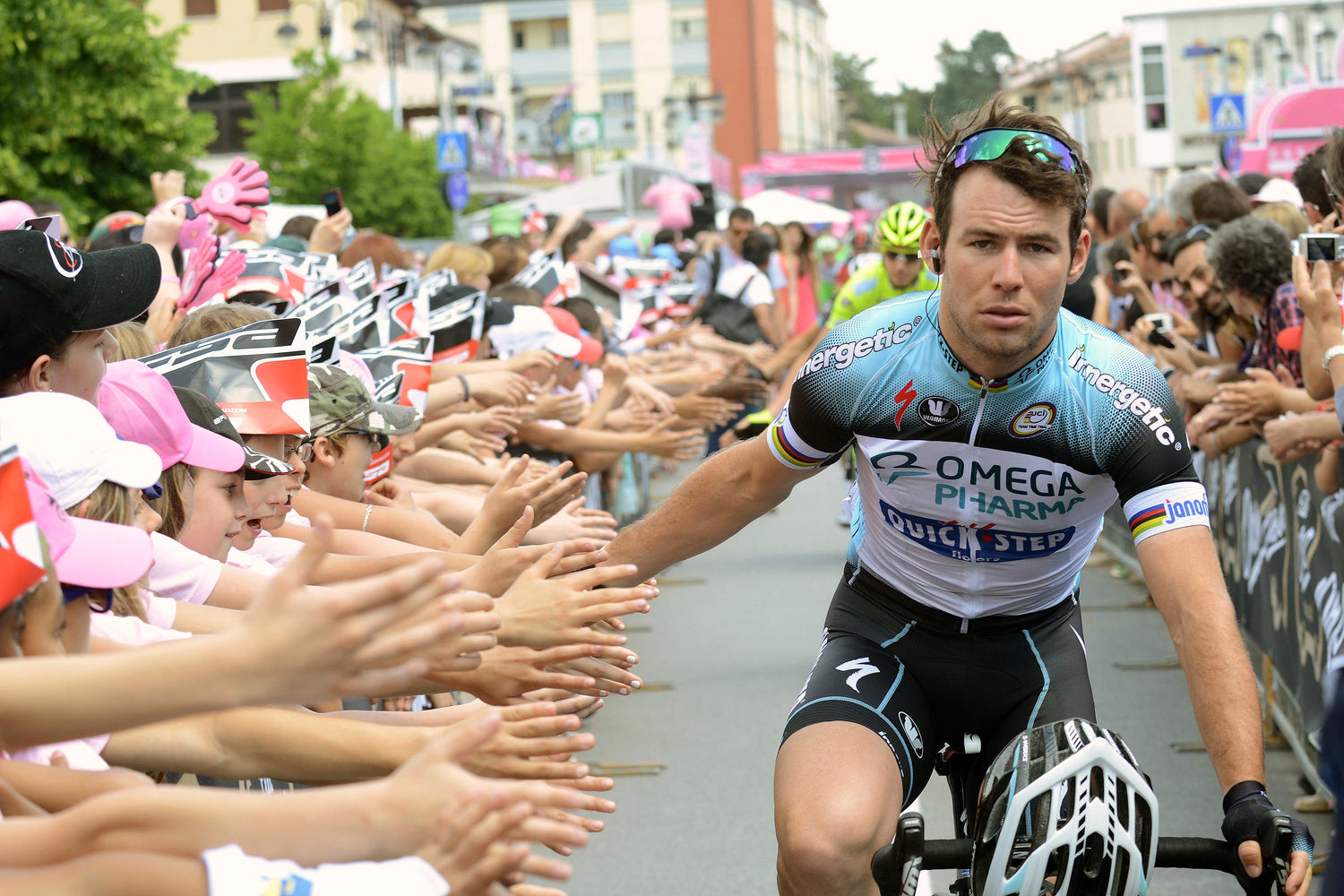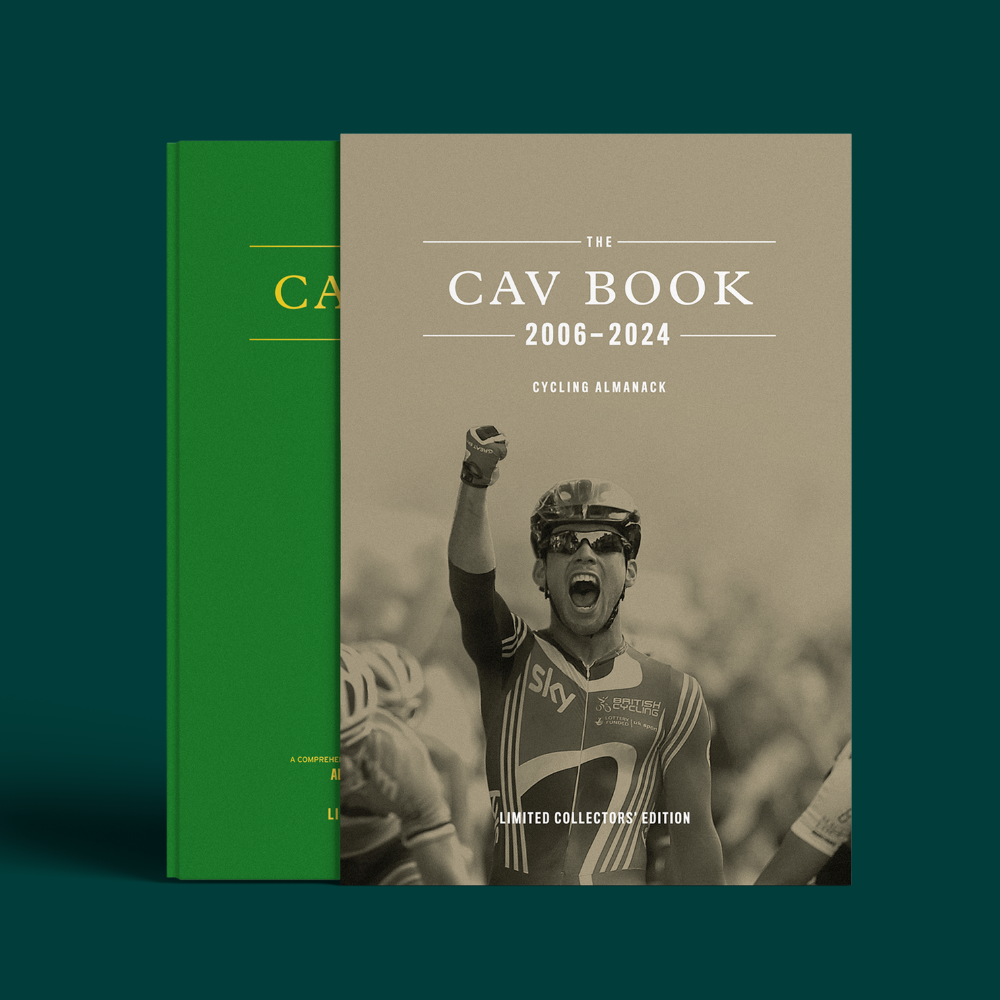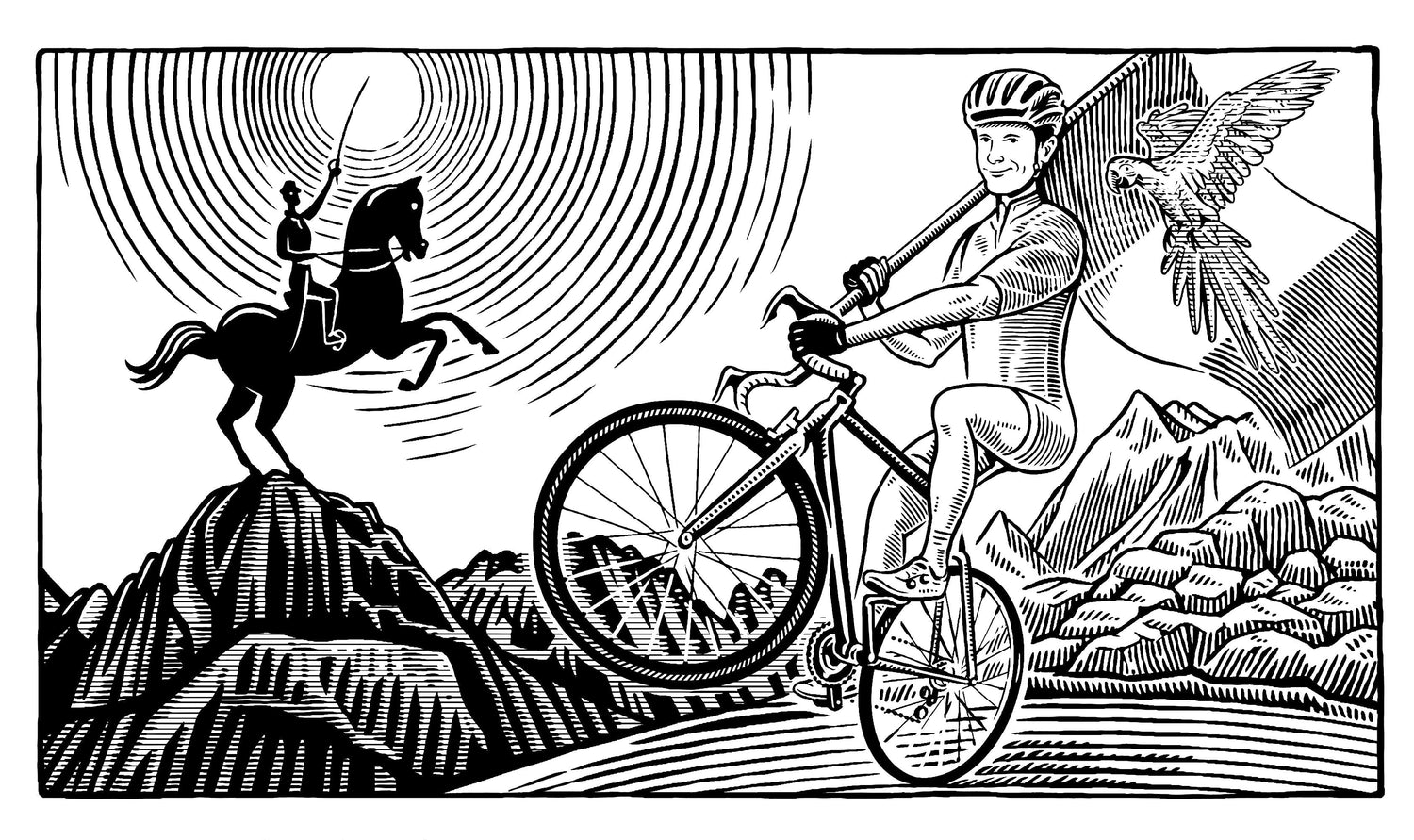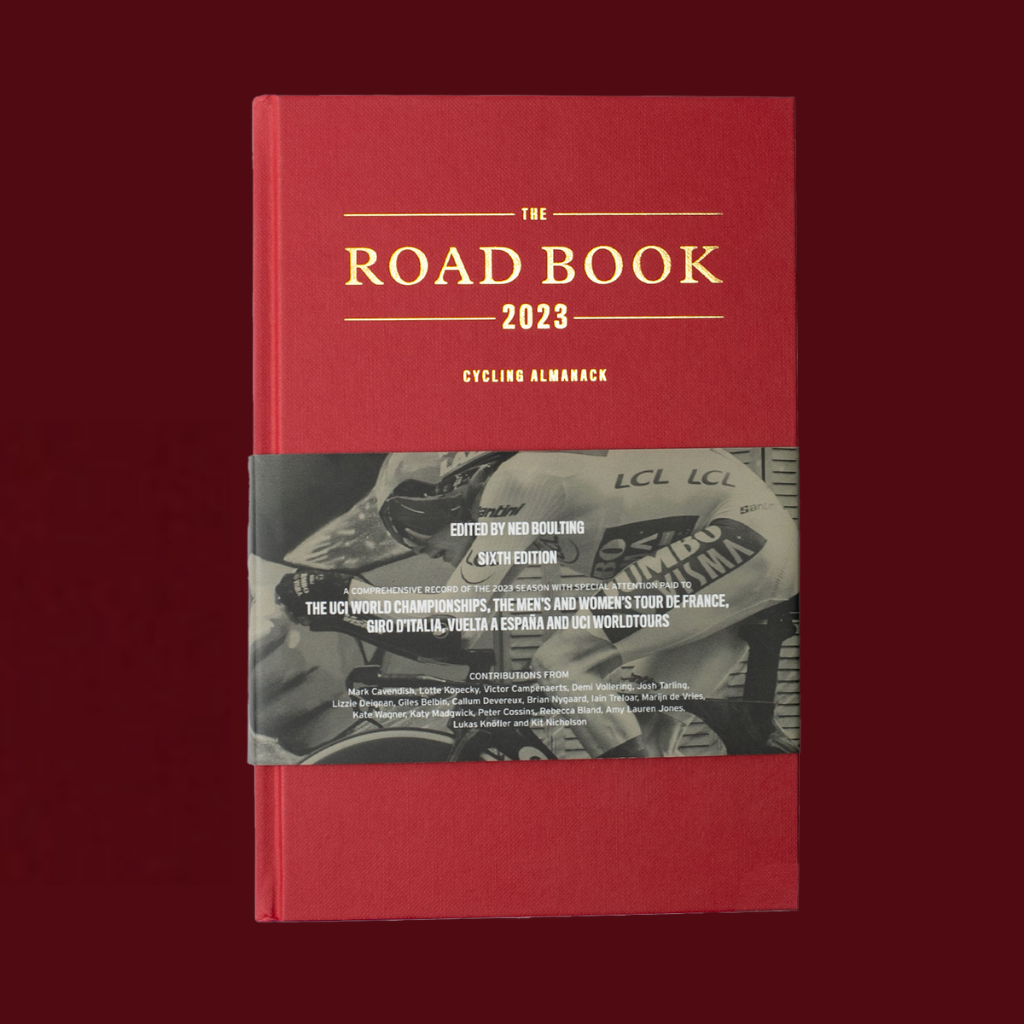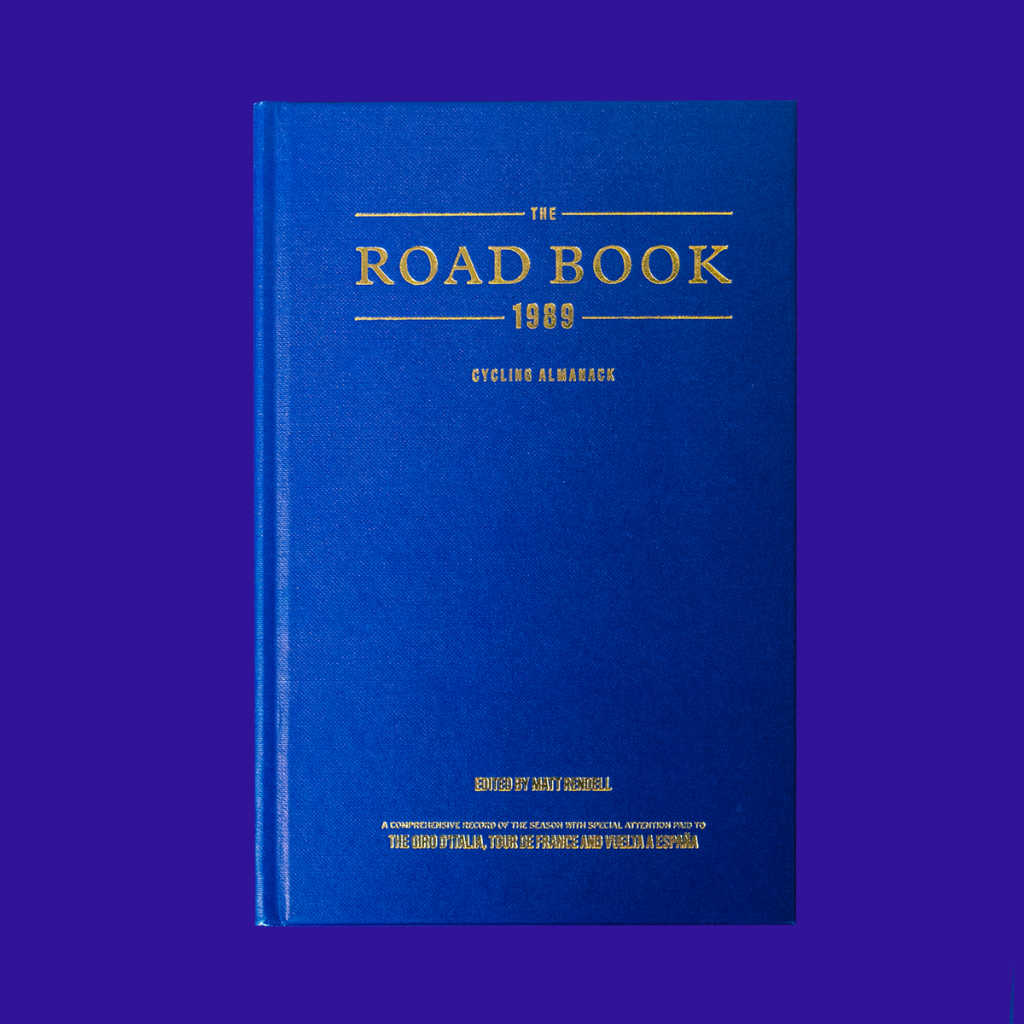Extract from The Road Book 2020 Edition. To read the full essay from William Fotheringham and many more from our array of incredible contributors, purchase your first edition copy by 20th December 10pm for guaranteed Christmas delivery.
It was an almost despairing plea on Twitter from one of the best young cyclists in the world. ‘Stop comparing please,’ wrote Remco Evenepoel on 28 August. ‘I’m not like somebody else, nobody is like me. Everybody is just him or herself and that should be respected. So please just stop it. Nobody can be a new version of something he or she has never been and never will be. Merci.’ Not being attuned to French, the Apple spell check on my computer changed the last word of his tweet to ‘Merckx’. Which was ironic, and clearly not what Evenepoel intended, since his tweet was obviously an appeal for people to stop hailing him as the successor to Big Ted.
The ‘curse of the New Merckx’ is far from being a recent phenomenon. Speculation about the ‘next Eddy’ began before the Cannibal had even considered hanging up his wheels, which he finally did early in 1978. In the early 1980s Daniel Willems and Fons de Wolf were both tipped as the New Merckx. Neither went far and – for all that Fons was an outstanding racer who looked glorious on his bike – neither is now famous for anything. At the end of the decade, the late Claude Criquielion blighted his career by trying to position himself as a Tour de France specialist rather than the Classics man he clearly was.
Into the mid-90s, and it was Frank Vandenbroucke carrying the monkey on his back. VDB was an outrageous talent. You could argue that he looked better on a bike than Merckx, and his racing style was certainly worthy of the Cannibal. But sadly, his career fzzled out in a trail of drug scandals and one reboot after another. You can’t claim it was entirely the pressure of expectation that killed Franck in the end, but it must have played a part.
Tom Boonen, interestingly, was never referred to as the New Merckx, because he was so obviously a Classics specialist and not a potential Grand Tour winner, and – guess what? – he had the most stellar career of any Belgian since the Big One. That’s probably something the men surrounding Evenepoel are keeping at the forefront of their minds, as Patrick Lefevere and company know their Belgian bike racing history like few others. After all, Lefevere has seen most of the post-Merckx peloton and managed a fair few of them.
To what extent are the ‘New Merckx’ parallels mere hyperbole in the case of Remco Evenepoel? The two of them do actually have a fair bit in common. To start with, a background in sports other than cycling. It’s well known that Evenepoel played for the Belgian Under-15 and Under-16 soccer squads; Merckx’s background was more rounded, as he played a variety of sports of which soccer was one. The Cannibal’s love of the round-ball game deepened later in life; he built friendships with the likes of Belgium’s most famous footballer, Paul Van Himst.
The main similarity is their absolute precocity. Both won big as young riders; in fact, Evenepoel began winning big at a younger age. It’s difficult to make direct comparisons because the opportunities available to young riders now have grown since the early 1960s, but you can point to Merckx’s victory in the 1964 amateur world road race championship aged just 19, and Evenepoel’s gold medals in both the junior road race and time trial when a year younger. Both come from towns in the Brussels periphery: Merckx from Woluwé St Pierre to the east, Evenepoel from almost the geometric opposite side – Schepdaal, in the west.
As an amateur, Merckx had a longer career than Evenepoel, turning professional in his 20th year, but that was still spectacularly young for the time. Merckx’s frst professional year, 1965, was the least successful until his abortive attempt to keep racing at the start of 1978. The main reason for that was that he was poorly managed; he turned professional with Rik Van Looy’s Solo-Superia squad and didn’t ft in. He was a sensitive youth, and Van Looy’s dominant position in Belgian cycling meant he was not going to give some young upstart any favours, no matter how talented he might be. Merckx showed promise, but it was not until he went to the less rigidly structured Peugeot-BP team in 1966 that he truly blossomed.
Evenepoel looks truly precocious compared to Big Ted, who raced as an amateur against the wishes of his mother as she feared for his safety. Little Remco rode his frst road race in April 2017. He turned professional just 18 months later, by which time he had rewritten the junior cycling record books. In 2018, he won 36 races out of 44, including the European junior title by 10 minutes after a 100km solo break. That was a ride redolent of the dominance Merckx showed as a professional; so too Evenepoel’s double in the world junior time trial and road titles in Innsbruck that autumn.



